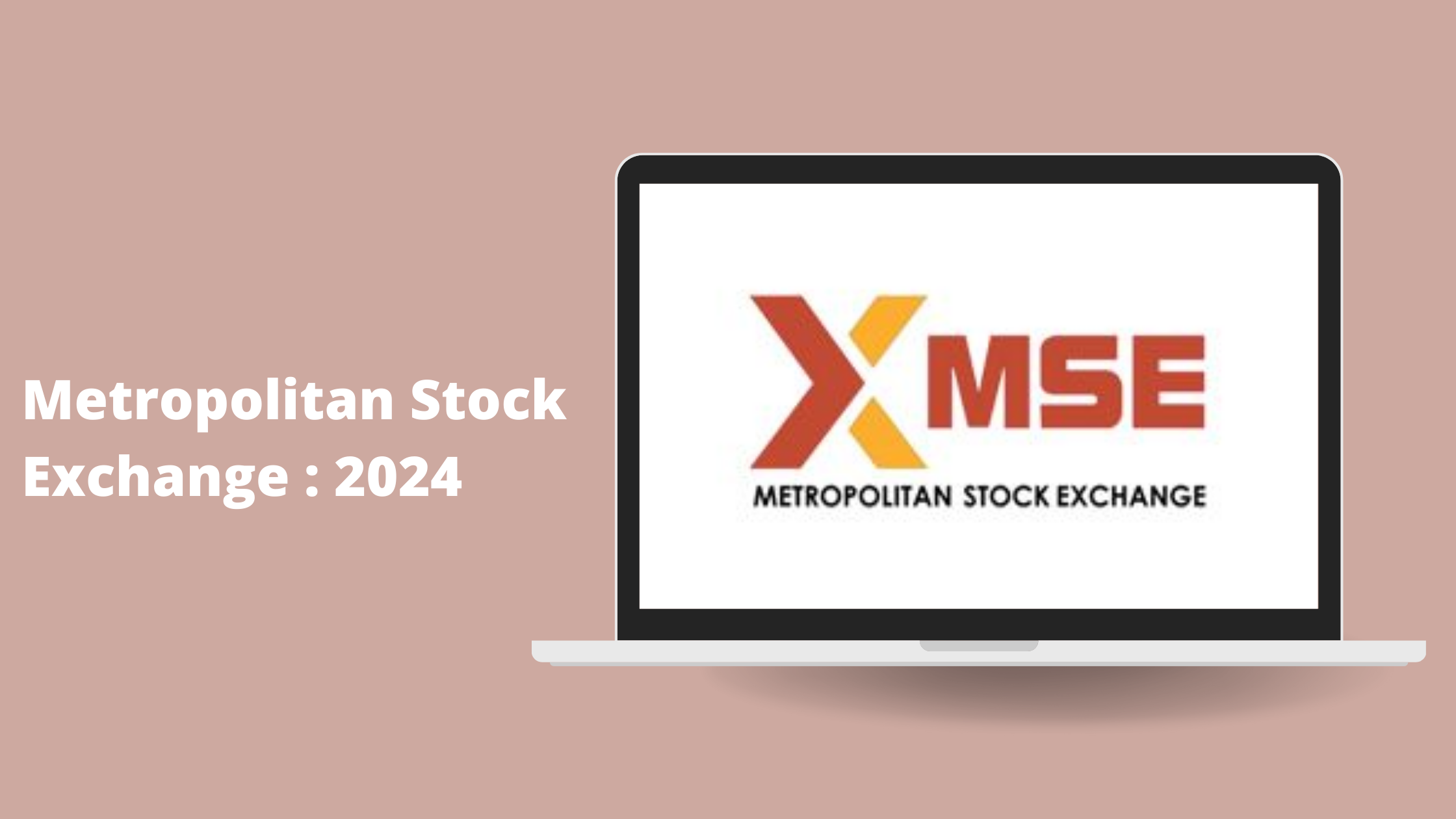The Metropolitan Stock Exchange of India Ltd. (MSEI), one of the country’s leading stock exchanges, has made headlines with its decision to raise ₹238 crore through a fresh equity issuance. Recognized by the Securities and Exchange Board of India (SEBI), MSEI has seen significant investments from notable players in the financial market, including the Kamath brothers’ Rainmatter, Billionbrains Garage Ventures, and Share India Securities. Let’s explore its recent developments, history, significance, and future outlook in detail.
MSEI’s ₹238 Crore Equity Issuance
MSEI is raising ₹238 crore by issuing 119 crore equity shares, priced at ₹1 each with a premium of ₹1 per share. Key investors participating in this round include:
- Billionbrains Garage Ventures Pvt. Ltd.
- Rainmatter Investments (backed by Zerodha founders Nithin and Nikhil Kamath)
- Securocorp Securities India Pvt. Ltd.
- Share India Securities Pvt. Ltd.
The proceeds from this capital infusion will help the exchange expand its operations, enhance its technology infrastructure, and increase its competitiveness in the market.
Valuation and Stakeholder Details
This equity issuance values MSEI at approximately ₹1,200 crore. Share India Securities, one of the largest contributors, has committed ₹59.5 crore to acquire a 4.958% stake in the exchange’s post-issue paid-up capital. The investment aligns with the company’s strategy to strengthen its presence in the financial services and securities ecosystem.
History and Key Developments
Founded in 2008, the Metropolitan Stock Exchange operates under the regulatory framework of SEBI and the Reserve Bank of India (RBI). Over the years, the exchange has introduced several innovative trading platforms:
- Capital Market Segment (2013): A platform for equity trading.
- Futures and Options Segment (2013): Facilitates derivative trading.
- SX40 Index: Launched on February 11, 2013, as its flagship benchmark index.
- Currency Derivatives and Debt Markets: Offers trading opportunities in currency and debt instruments.
Recently, MSEI secured SEBI’s in-principle approval to launch a trading platform for small and medium enterprises (SMEs), further broadening its portfolio.
Notable Early Investors
Two of India’s most renowned stock market investors, Rakesh Jhunjhunwala and Radhakishan Damani, were among MSEI’s earliest backers. However, their stakes have significantly reduced over time, with Damani currently holding only a 0.89% share in the exchange.
MSEI boasts a strong roster of shareholders, including banks and institutional investors:
- Banks: Union Bank of India, State Bank of India, Bank of Baroda, Punjab National Bank, Indian Bank, and more.
- Prominent Investors: Siddharth Balachandran, a prominent NRI investor, holds a 4.9% stake.
- Multi Commodity Exchange of India (MCX): Holds a 6.9% stake in the exchange.
Despite this robust support, MSEI continues to struggle to carve out a significant market share in a space dominated by the National Stock Exchange (NSE).
Challenges Faced by MSEI
- Dominance of NSE: NSE has established itself as the leader in the Indian stock exchange market, making it difficult for MSEI to attract traders and investors.
- Limited Liquidity: The exchange often struggles with low trading volumes, which deters institutional investors.
- Competition from BSE: In addition to NSE, the Bombay Stock Exchange (BSE) also holds a significant market share.
- Brand Awareness: MSEI has not yet achieved the level of recognition enjoyed by its competitors.
Future Outlook
With fresh investments and SEBI’s approval to launch an SME trading platform, MSEI is well-positioned to focus on niche markets and underserved segments. Its long-term success will depend on its ability to innovate, attract more participants, and improve trading volumes.
Why Is MSEI Gaining Attention Now?
- Fresh Capital Infusion: The ₹238 crore fundraising has brought renewed focus on MSEI’s operations and growth prospects.
- Participation of Big Players: Investments from Rainmatter, Share India, and others underscore the confidence of prominent investors in MSEI’s potential.
- Regulatory Backing: Recognition from SEBI and the RBI enhances its credibility.
- Diversified Offerings: MSEI’s expansion into SME trading and its existing product suite make it an attractive platform for investors.
Comparison with NSE and BSE
| Aspect | NSE | BSE | MSEI |
| Year Established | 1992 | 1875 | 2008 |
| Key Index | Nifty 50 | Sensex | SX40 |
| Market Share | Largest | Second-largest | Limited |
| Product Offerings | Extensive | Extensive | Diversified but niche |
| Liquidity | High | Moderate | Low |
Key Takeaways
- Fresh Investment: The ₹238 crore fundraising marks a pivotal moment in MSEI’s journey.
- New Opportunities: With SEBI’s approval for an SME trading platform, the exchange is poised to explore new markets.
- Strong Backing: Notable investors and institutions add credibility to MSEI.
- Challenges Persist: The dominance of NSE and limited liquidity remain hurdles to MSEI’s growth.
Frequently Asked Questions (FAQs)
- What is the Metropolitan Stock Exchange of India (MSEI)?
The Metropolitan Stock Exchange of India (MSEI) is a SEBI-recognized stock exchange offering trading platforms for capital markets, derivatives, and debt instruments. - What is the purpose of MSEI’s ₹238 crore equity issuance?
The funds will be used to expand MSEI’s operations, enhance its infrastructure, and boost its competitiveness in the stock exchange market. - Who are the key investors in MSEI?
Key investors include Rainmatter Investments, Billionbrains Garage Ventures, Share India Securities, and Securocorp Securities. - What are the challenges faced by MSEI?
MSEI faces stiff competition from NSE and BSE, low liquidity, and limited brand awareness. - What is the SME trading platform launched by MSEI?
The SME trading platform, approved by SEBI, will allow small and medium enterprises to raise capital and trade their shares on the exchange.
Conclusion
The Metropolitan Stock Exchange of India is undergoing a transformative phase with fresh capital and regulatory support. While challenges remain, its strategic initiatives and strong investor backing present significant opportunities for growth. If MSEI can address its liquidity concerns and strengthen its market position, it has the potential to emerge as a strong competitor in the Indian stock exchange landscape.

